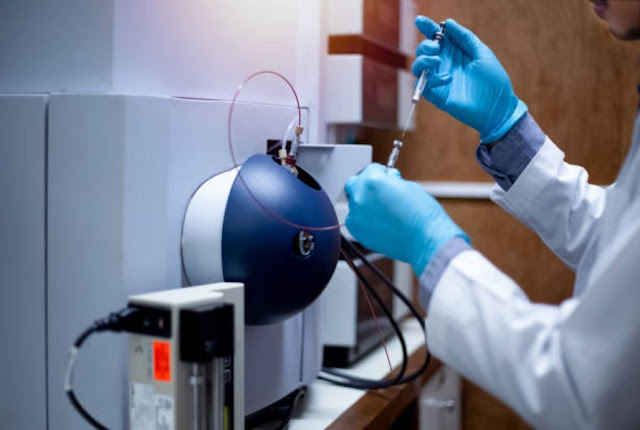Food Education, what it is and how to learn to eat healthy

What is Food Education Food
Education is a training course necessary to understand that
food is not only nutrition but also the simplest and healthiest way to take
care of one's health. Obesity problems have increased dramatically, especially
in childhood, eating disorders or metabolic diseases due to a wrong conception
of food, aimed at compensating for deficiencies and daily dissatisfactions.
Food Education is a way to recover the simplest and most genuine meaning
inherent in nutrition: food is used to nourish one's body. If it is true, as
Feuerbach said, that we are what we eat, giving value to a single food, knowing
it and learning the properties and benefits that belong to it is the first step
to feel good and fit.
Know the needs of your body
The first step for a conscious Food Education must start
from the deep knowledge of one's needs and one's lifestyle. Knowing how many
calories you need to eat daily will help you determine how much to eat to feel
good. Eating too much or too little are two harmful habits for the body that must
receive from food the necessary energy to carry out daily activities.
The Mediterranean diet
According to the WHO, the Mediterranean diet is the ideal
dietary regimen. The food pyramid, conceived in the USA in the nineties, is the
graphic and intuitive representation of this diet. The base consists of foods
to be consumed daily such as cereals, pasta, rice followed by fruit and
vegetables. At the top we find instead foods whose consumption must be sporadic
such as sugar and sweets. Respecting this scheme by integrating it with
moderate physical activity to be practiced at least three times a week is the
key to achieving psycho-physical well-being.
Four nutritional education tips
To eat properly and consciously, just follow small and
simple rules:
1) Never skip breakfast
Starting the day with the right amount of carbohydrates and
proteins, such as milk and cereals and the vitamins given by fresh fruit, is
the secret to a day full of energy.
2) 5 servings a day of fruit and vegetables
A simple rule to fill up on vitamins, minerals and trace
elements.
3) The hunger-break snacks
The two mid-morning and afternoon snacks help you not get
too hungry for the next meal and give you a quick release surplus of energy.
4) 8 glasses of water a day
Water eliminates waste, toxins, maintains hydration and helps you feel less tired and hungry.


